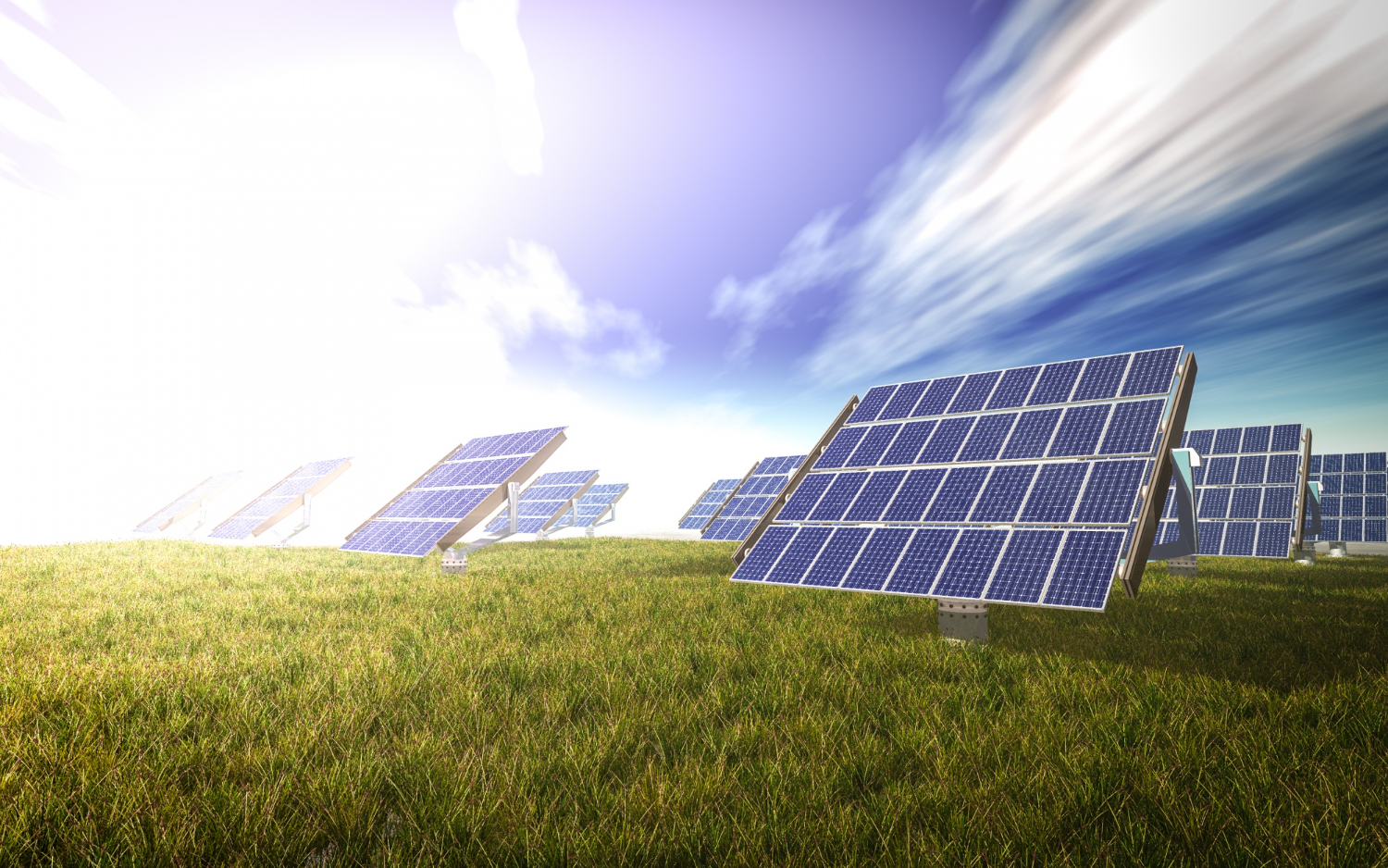In a notable step toward bridging Nigeria’s long-standing electricity deficit, a new report by the World Bank has revealed that over 6 million Nigerians have gained access to electricity through renewable energy solutions, primarily solar mini-grids and standalone solar home systems.
The report, released in June 2025, commended Nigeria’s recent efforts, citing the successful deployment of more than 170 solar mini-grids and 1.2 million solar energy systems across the country. This progress positions Nigeria as one of sub-Saharan Africa’s leaders in decentralized energy access.
A Ray of Light in a Dark Power Landscape
While the milestone is significant, the World Bank was quick to highlight that Nigeria still holds the record for the world’s largest electricity access gap, with an estimated 86.8 million Nigerians still living without reliable electricity.
In a country with a population of over 220 million and a growing demand for energy, these numbers reflect both progress and urgency. The report calls for accelerated investment and reform in Nigeria’s energy sector, especially in reaching rural and underserved communities, where national grid expansion remains economically and logistically challenging.
Solar Mini-Grids: A Game-Changer
The report identifies mini-grids as the most effective and scalable solution for last-mile communities. These are independent, localized power systems, typically solar-powered, that can electrify villages and small towns without reliance on the national grid.
Nigeria has implemented mini-grid projects through partnerships with the World Bank, Rural Electrification Agency (REA), and private investors. According to REA, the success of these projects has increased productivity, boosted healthcare delivery, improved education access, and enhanced overall quality of life for millions.
“The deployment of off-grid solutions has shown that Nigeria can leapfrog traditional infrastructure barriers,” said Damilola Ogunbiyi, former head of Sustainable Energy for All and an advocate for universal energy access.
Still Miles to Go
Despite the progress, energy poverty remains a major barrier to Nigeria’s development. Businesses lose trillions of naira yearly to poor power supply. Households are forced to rely on polluting generators, which pose environmental and health risks.
To close the remaining gap, experts say Nigeria must:
-
Scale up private-sector participation
-
Create regulatory certainty and ease of doing business for energy innovators
-
Provide targeted subsidies and financing for rural energy projects
-
Adopt smart-grid technologies and invest in workforce training
Looking Ahead
The World Bank has reaffirmed its commitment to supporting Nigeria’s Energy for All by 2030 agenda. With proper implementation, renewable energy, especially solar mini-grids — could be the key to unlocking inclusive growth, job creation, and sustainable development across the nation.
This recent milestone is a testament to what’s possible when policy, investment, and innovation align. But with nearly 87 million Nigerians still in the dark, the journey to full electrification is far from over.
Published by Xamblog.com
Powering the conversation on energy, equity, and economic transformation in Nigeria.
Last Updated on June 29, 2025 by kingstar





